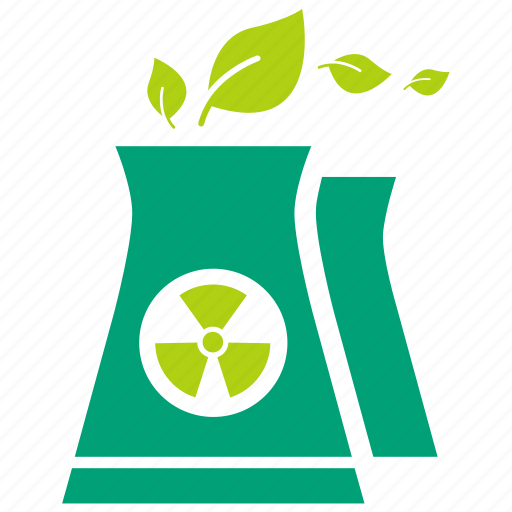The USA’s nuclear workforce continued to grow in 2023 - but with over 60% of nuclear employees aged between 30 and 60, employers across the industry are reporting at least some difficulty in hiring workers, according to a newly released annual report from the Department of Energy.
The 2024 U.S. Energy & Employment Report (USEER) report is a comprehensive study of employment trends across the energy sector, based on survey responses from 42,000 businesses. Energy sector employment increased by over 250,000 jobs during 2023, the study found - and over half of these new jobs were in clean energy, including nuclear.
Nuclear electric power generation (EPG) businesses employed 58,517 workers in 2023, 2.8% more than in 2022. The largest number of new jobs - 1079 - were in professional and business services, which was also the second largest sector within nuclear EPG (10,819 workers), after utilities (41,241) and followed by wholesale trade (2,499), construction (2,150), manufacturing (1,726), and other services (82). But employers also reported the greatest difficulty in finding qualified workers in the professional and business services sector, with 93% saying they encountered at least some difficulty in hiring.
The nuclear workforce in the USA is highly diverse, with women and non-white workers above the average for the overall energy workforce. But the nuclear EPG workforce “trends older than the energy workforce average”, the report found, with 60% of workers aged 30 to 54 - higher than both the wider energy workforce and the national employment average, and a lower percentage of workers under the age of 30 than in the overall energy workforce.
This gap between early-career and late-career employment statistics means that “a significant chunk of the nuclear workforce is likely to retire over the next decade, creating plentiful job opportunities for younger workers who possess the necessary skills and training”, the DOE Office of Nuclear Energy said. “A pipeline of young talent will be essential as the US nuclear industry seeks to commercialise and deploy next-generation advanced reactors in the coming decades,” it added.
The USEER study was launched in 2016 to track and understand employment within key energy sectors, based on a customised energy employer survey and data from the US Bureau of Labor Statistics. The study combines surveys of businesses with public labor market data to produce estimates of employment and workforce characteristics.

